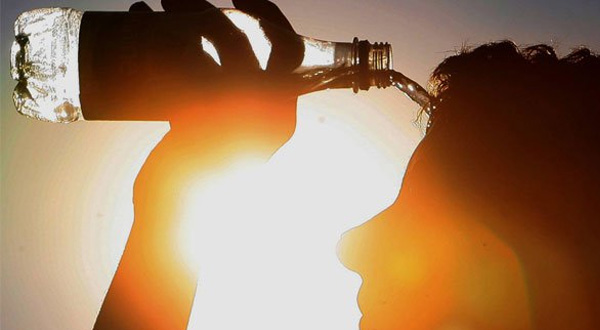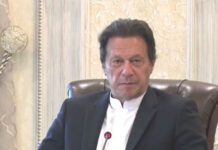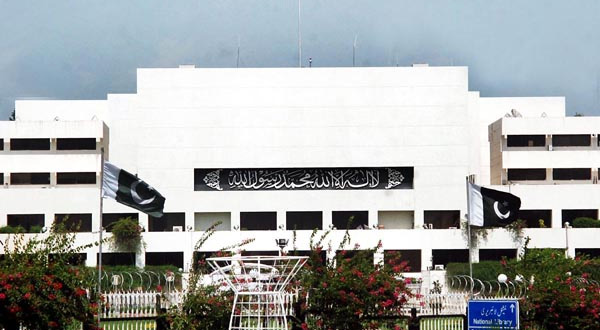Medical experts on Wednesday advised the citizens, particularly those undertaking outdoor activities, to take heed of necessary measures to prevent heat and sun stroke under the expected very hot weather in the following days.
According to them, the public should carry and drink plenty of water to prevent dehydration while engaging in outdoor activities.
Children, elderly, sick including those with heart disease or high blood pressure and obese persons, who are more vulnerable to heat-related illnesses, should pay special attention,” the spokesman of Pakistan Institute of Medical Sciences Dr Wasim Khawaja said.
The spokesman advised members of the public to limit their outdoor activities and adopt the preventive measures when going outdoors under very hot weather.
He said citizens should wear loose light-coloured clothing to reduce heat absorption and facilitate sweat evaporation and heat dissipation.
He said citizens shouldn’t engage in prolonged activities like hiking or trekking as heat, sweating and exhaustion place additional demands on one’s physique while they should choose to perform outdoor activities in the morning or late afternoon.
Dr Khawaja said citizens should reschedule their work to cooler times of the day. If working in a very hot environment is inevitable, introduce shading in the workplace where practicable and get into a cool area for rest at regular intervals to allow the body to recuperate, he added.
He said citizens should ensure adequate ventilation when exercising indoors and any person feeling unwell should stop exercising immediately and seek medical advice as soon as possible.
He said heat stroke is the most serious heat-related illness. It occurs when the body becomes unable to control its temperature while the body’s temperature rises rapidly, the sweating mechanism fails, and the body is unable to cool down.
He said body temperature may rise to 106°F or higher within 10 to 15 minutes and heat stroke can cause death or permanent disability if emergency treatment is not provided.
He said warning signs of heat stroke vary but may include an extremely high body temperature (above 103°F), red, hot, and dry skin, strong pulse, throbbing headache, dizziness, nausea, confusion and unconsciousness.
A public health expert, Dr Sharif Astori from Federal Government Poly Clinic said the heat exhaustion is a milder form of heat-related illness that can develop after several days of exposure to high temperatures. Those most prone to heat exhaustion are elderly people, those with high blood pressure, and those working or exercising in a hot environment, he added.
He said the warning signs of heat exhaustion included heavy sweating, paleness, muscle cramps, tiredness, weakness, dizziness, headache, nausea or vomiting and fainting.
He said when temperatures are extremely high, people should protect their health by adopting measures like drinking plenty of fluid, replace salts and minerals, wear appropriate clothing, stay cool indoors and schedule outdoor activities carefully.
He said in case of having heat stroke symptoms, people should monitor body temperature and continue cooling efforts until the body temperature drops to 101-102°F, get the victim to a shady area, cool the victim rapidly, immerse the victim in a tub of cool water or place the person in a cool shower, sponge the person with cool water and call for immediate medical assistance.





